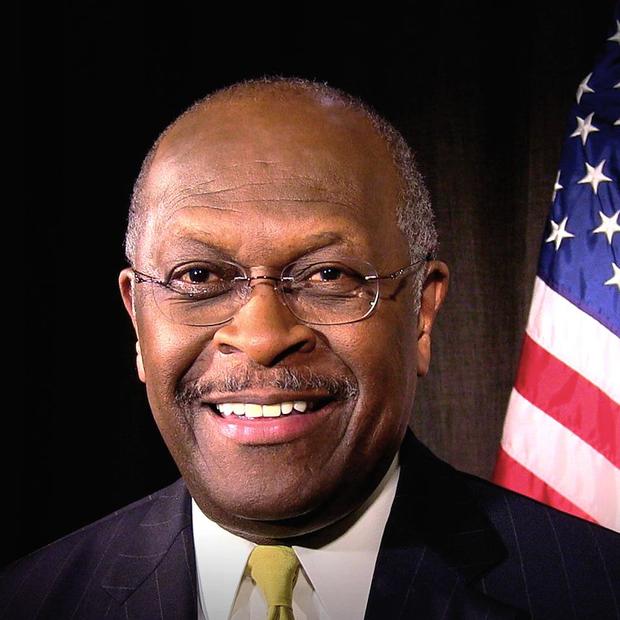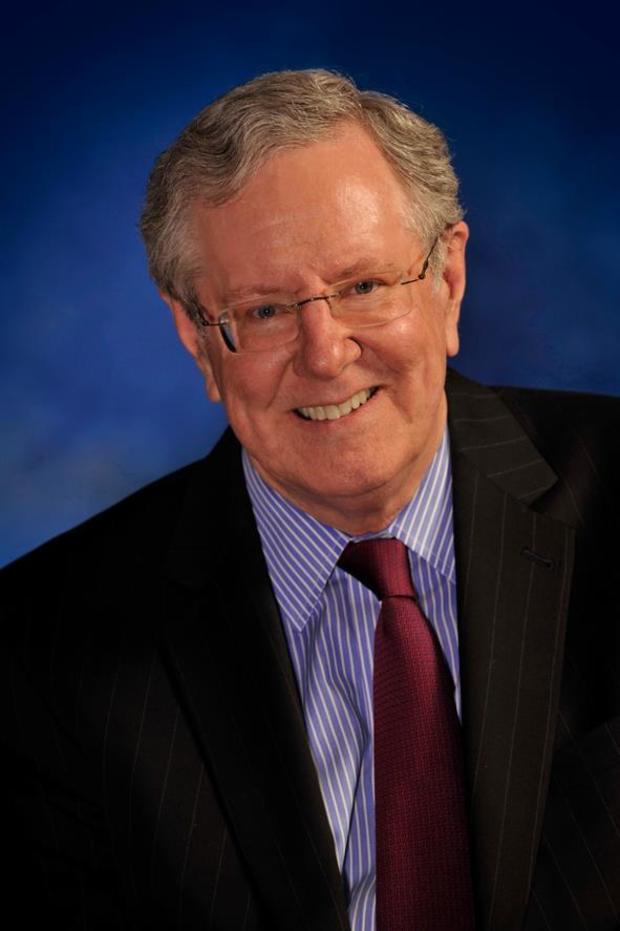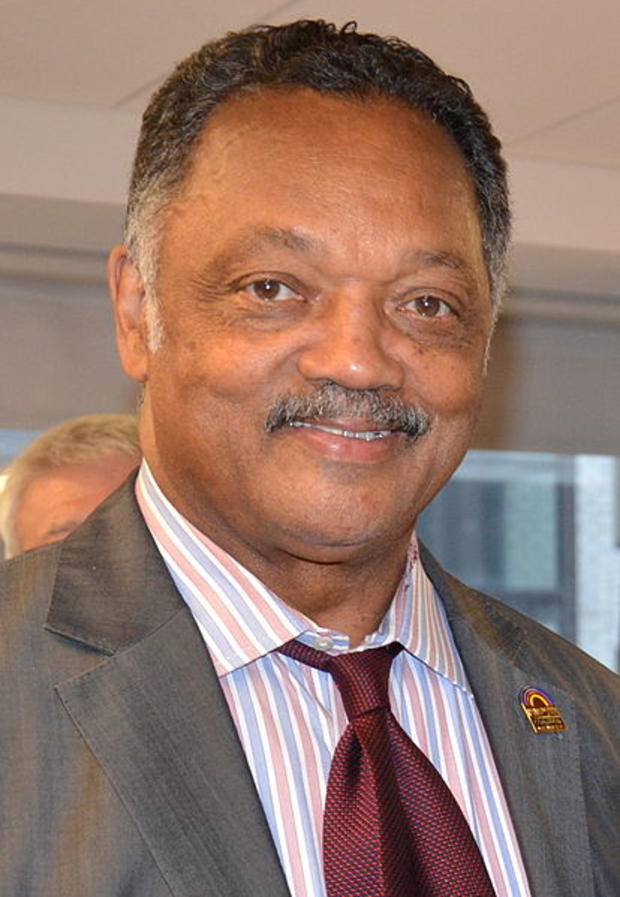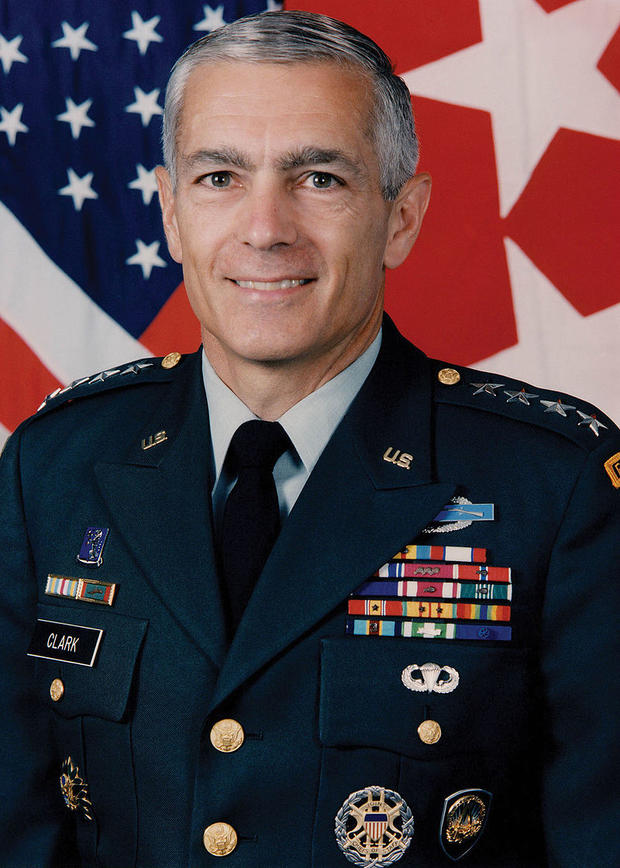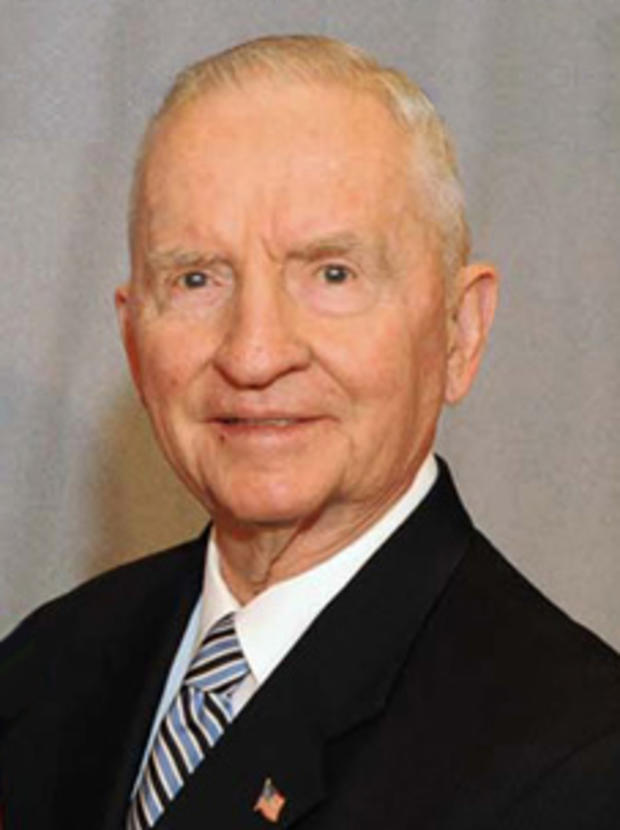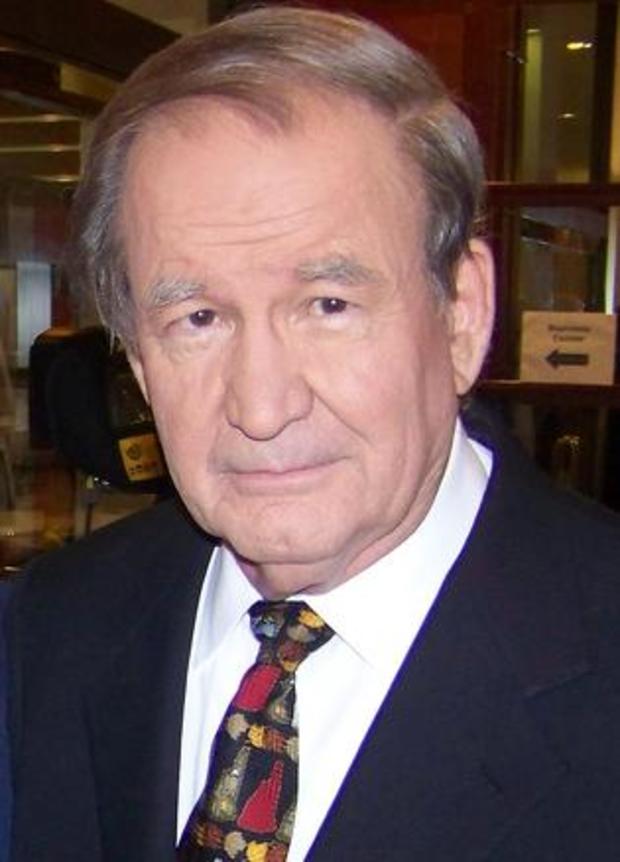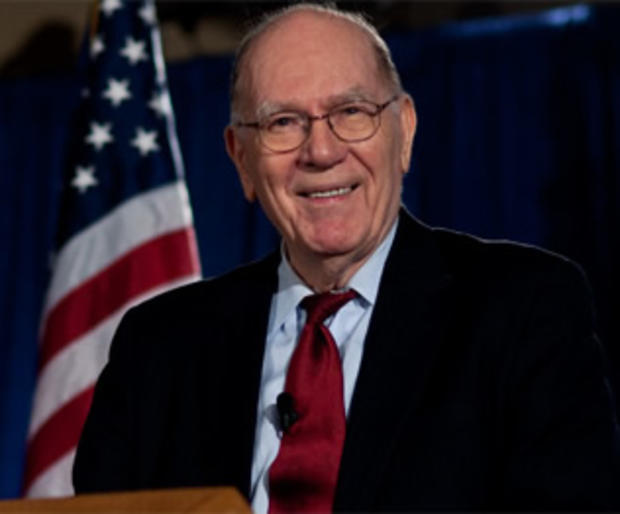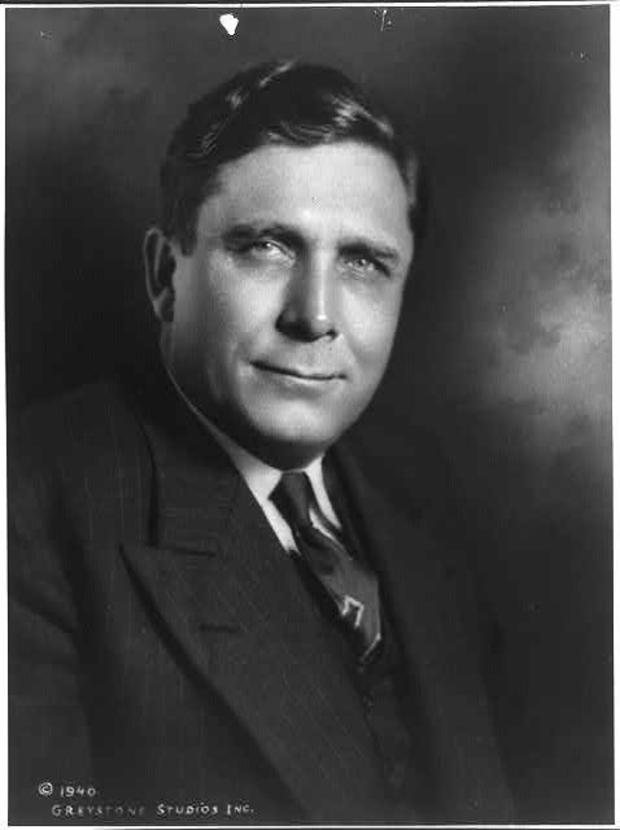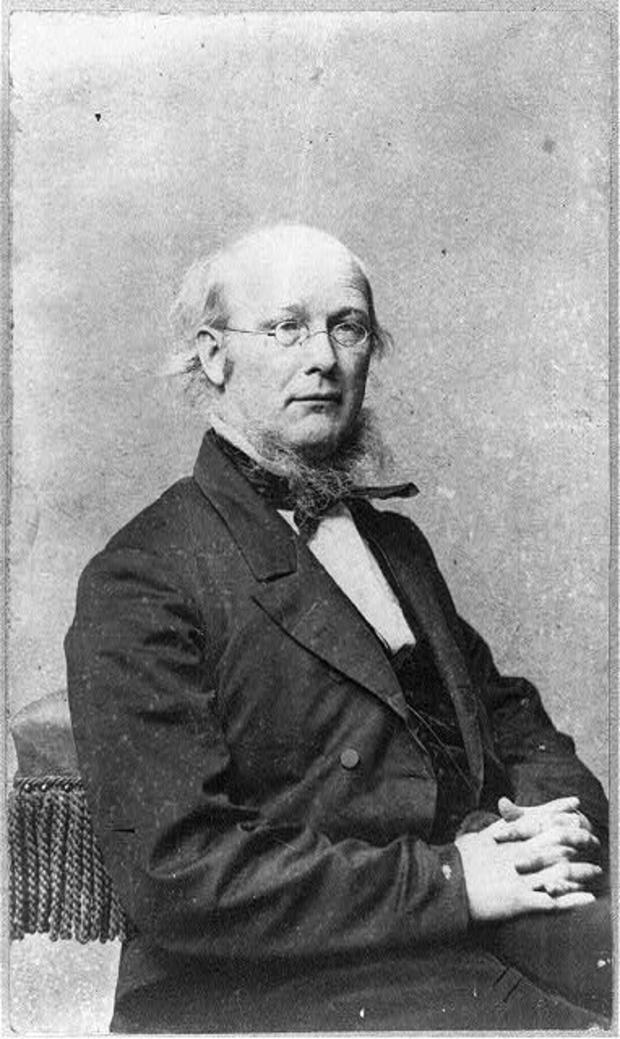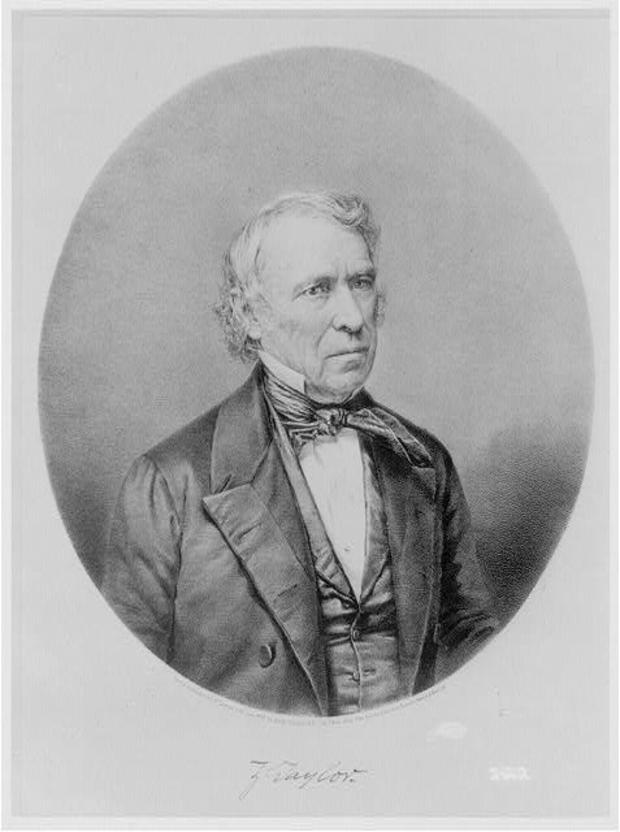Political Outsiders through the Ages
2016 may be the year of the outsider. With voter frustration -- if not downright disgust with Washington riding high -- those without Washington experience are leading the polls, at least on the Republican side. Non-politicians entering politics is nothing new. As this list shows, they've been doing it for centuries.
Before announcing his 2016 bid for president, Donald Trump made his name -- and his multi-billion dollar fortune -- as a real estate mogul and television personality.
Ben Carson
Before Ben Carson was a leading GOP presidential candidate, he was a leading pediatric neurosurgeon. Carson was the first surgeon to successfully separate conjoined twins at the head. He was also director of the Johns-Hopkins Pediatric Neurosurgery Center for 18 years. While serving as head of the department, in 2008 it was ranked as the top neurosurgery pediatric division in the country by U.S. News and World Report.
Carly Fiorina
Before Carly Fiorina entered this year's battle for the Republican nomination, she ran for Senate in 2010, but she made her name as a technology executive. From 1999 to 2005, Fiorina served as the CEO of HP, the first woman to serve as the head of a top 20 company. At HP, she engineered the 2002 merger between HP and Compaq, the largest tech merger in history. The
deal, which came under scrutiny from shareholders and board members, made HP the world's largest manufacturer of computers. Fiorina was eventually fired from HP in what she's described as a "board room brawl."
Herman Cain
Herman Cain is known for his 9-9-9 tax plan and brief lead in the polls in the battle for the Republican nomination in 2012, but he also ran for president, twice - first in 2000 and then 2012. But before he set his sights on the Oval Office, Cain was an executive at Pillsbury, overseeing Burger King. In 1986, Pillsbury appointed him CEO of the company's struggling pizza chain, Godfather's Pizza. Before long, Cain engineered a dramatic turnaround and helped return the company to profitability. Two years later, he and a group of executives -- with an assist from outside investors -- purchased the chain outright.
Steve Forbes
Editor-in-chief of the eponymous business magazine, Steve Forbes sought the GOP nomination twice -- in 1996 and 2000. He is the son of longtime Forbes publisher Malcolm Forbes and the grandson of the magazine's founder, B.C. Forbes. Forbes' platform included a flat tax, medical savings accounts, a new Social Security system for working Americans, parental choice of schools
for their children, term limits and a strong national defense.
Jesse Jackson
When Jesse Jackson announced his first campaign for president, many wrote off the longtime civil rights activist as a fringe candidate. But he went on to achieve relative success and finished in third place in overall primary votes, behind Gary Hart and eventual Democratic nominee Walter Mondale, according to campaign documents at the Houston Public Library. Jackson, whose early career included work with Martin Luther King, Jr., sought the Democratic nomination a second time in 1988. Early success in that campaign, though, was short-lived. Michael Dukakis eventually secured the nomination, though he lost in the general election.
Wesley Clark
Before launching a campaign for the Democratic nomination in 2004, Wesley Clark had an accomplished 38 year career in the U.S. Army. Clark rose to the rank of four-star general and served as NATO Supreme Allied Commander, Europe. Clark also served in Vietnam, where he commanded an infantry company in combat and was severely wounded. As NATO Supreme Allied Commander, he led NATO forces in Operation Allied Force in Yugoslavia in 1999.
Ross Perot
Before the '92 campaign, Ross Perot had a successful career as a business executive. In 1962 Perot left a sales job at IBM and founded Electronic Data Systems, a data processing service company. In 1984 he sold EDS to General Motors for $2.4 billion. Four years later, he founded Perot Systems, which was acquired by Dell for approximately $3.9 billion. Although he did not win any
states in the 1992 election, running as an independent Perot and his running mate James Stockdale were on the ballot and received over 19 million votes, about 19% of all votes cast.
Pat Buchanan
Pat Buchanan made a run for the presidency three times: in 1992, 1996 and 2000. Before he aspired to the Oval Office, Buchanan worked as a special assistant and adviser to Richard Nixon. Under Ronald Reagan, he served as White House Communications Director from 1985-1987. He also worked as a newspaper columnist and was a panelist on CNN's Crossfire.
Dwight D. Eisenhower
When Dwight D. Eisenhower was sworn in as president in January 1953, he had never held an elected office. A career soldier, Eisenhower served as Supreme Allied Commander of the Allied Expeditionary Force in World War II. In that post, he organized the D-Day offensive and helped bring an end to the war in the European Theatre. After the war, Eisenhower was appointed Military Governor of the U.S. Occupation Zone. In November 1945, he returned to Washington where he took on the role of Chief of Staff of the Army. Eisenhower later became president of Columbia University and was also appointed Supreme Allied Commander NATO Forces.
Lyndon LaRouche
Although he did not secure a major party nomination, it wasn't for a lack of trying. Lyndon LaRouche ran in 8 elections: '76, '80, '84, '88, '92, '96, '00 and '04. He sought the Democratic nomination 7 times and ran as the U.S. Labor Party candidate once. He was a professor at CUNY and also taught Marx at New York City's Free School.
Wendell Willkie
Wendell Willkie was a dark horse presidential candidate who managed to secure the 1940 GOP nomination. Before that, he was a corporate lawyer and Wall Street industrialist. The one-time Democrat turned liberal Republican lost the general election to Franklin Roosevelt, but he became one of FDR's key allies and served as an informal ambassador-at-large.
Herbert Hoover
Herbert Hoover was a private sector engineer before he entered into public service, supporting the war effort during World War I. Hoover served as Secretary of Commerce under presidents Harding and Coolidge before running for -- and being elected -- president in 1928. His term as
president was tainted by the 1929 stock market crash which led to a worldwide global depression. Hoover ran for re-election in 1932 but was defeated in a landslide by FDR.
Ulysses S. Grant
As commanding general of the Union Army, Ulysses S. Grant led his forces to victory over the Confederate Army in 1865. As the United States' 18th president, he oversaw reconstruction and sought ratification of the 15th Amendment.
Horace Greeley
Before he sought the presidency, Horace Greeley was a newspaper editor from New York. His newspaper, The New York Tribune, covered politics, social reform, news and literature. Greeley ran for president in 1872 and received the nomination of not one, but two, political parties. He ran as the nominee of the Liberal Republican party but also received support from Democrats. Even with the additional support, Greeley lost to Civil War hero Ulysses S. Grant.
Zachary Taylor
Zachary Taylor was a military man before he ran for -- and was elected -- president. Taylor served as a general in the Mexican-American War and the War of 1812. He was elected 12th President of the United States in 1848.
George Washington
When George Washington was sworn in as the nation's first president in April 1789, a presidential benchmark was yet to be established. He forged his own legacy and created a blueprint for future presidents to follow - it seemed he was uniquely qualified for the job. Before becoming president, Washington
served as a delegate to the Second Continental Congress in Philadelphia in May 1775. That same body elected him Commander in Chief of the Continental Army where he led the United States to a victory over Great Britain.
Washington later served as a key leader at the Constitutional Convention at Philadelphia in 1787. When the new Constitution was ratified, Washington went from delegate to president. In a unanimous vote, the electoral college elected George Washington as the nation's first chief executive.



